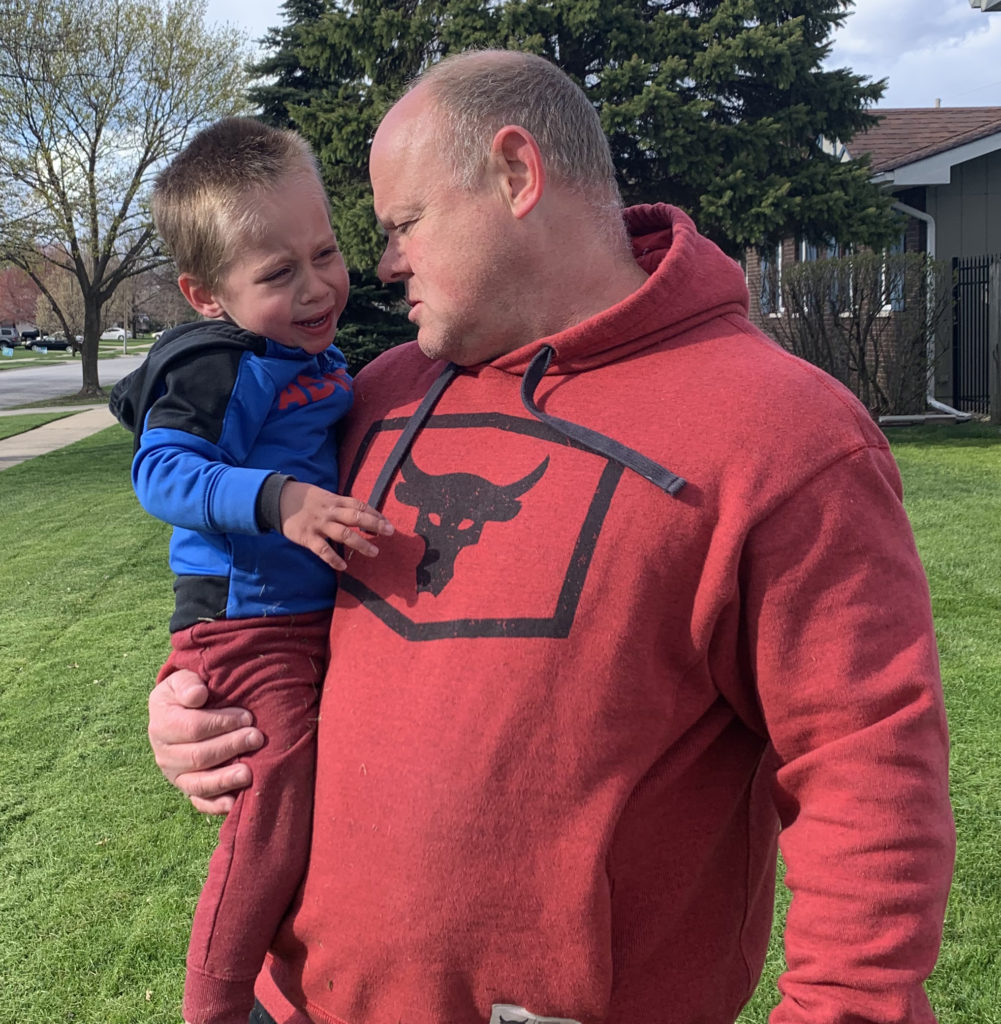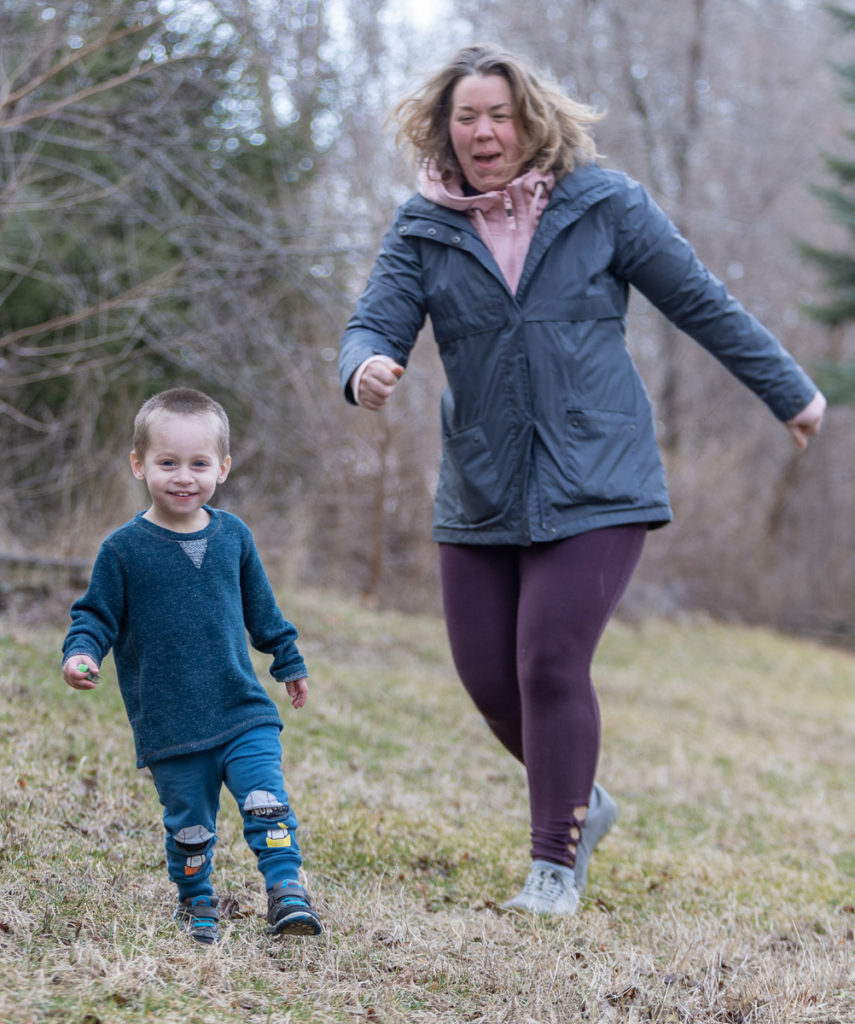Wild Wonders | Saturday, April 27

Wild Wonders | Saturday, April 27

By Alix Tonsgard, MS, Early Learning Specialist, DuPage Children’s Museum
Well, my friends, many of us are wrapping up week 4 of sheltering in place, and I don’t know about the rest of you, but in our household the phrase “this is hard” has been said a lot.
There are four other people sheltering with me in our small house. Two of them are teenagers, one is a toddler, and the other my partner. We are all collectively and individually experiencing the difficulty of this, and while I think it is important to acknowledge the challenges and the feelings that this brings, it is also important that we start to settle into a set of new, even if temporary, routines and ways of being.

Before I go any further, I want to be clear in that I know that my experience with helping to support my own family may be very different than yours is for you and your families. Ultimately what we all need to do is be sensitive to our own needs as well as the needs of our family members. What I can share with you today for your consideration are two things that I know are helpful in supporting young children when there are big changes in their lives.

I know this is hard and I truly hope this helps. Just remember, we are all humans dealing with really difficult things right now. We are all doing the best that we can. If you would like more ideas or specific resources on this topic, please do not hesitate to reach out.
I have been compiling resources of all sorts, from stories for kids experiencing anxiety to how to talk to older children about the virus, and I am more than happy to share. You can send a direct message via our social media, email me directly at atonsgard@dupagechildrensmuseum.org, or submit a question for virtual Ask Alix. Hang in there and be kind to yourself.
——————————————–
About Alix
Alix Tonsgard is the Early Learning Specialist at DuPage Children’s Museum. She holds an MS in Child Development from the Erikson Institute. Acting as the Museum’s advocate for early childhood development and learning, she ensures that the latest research in Early Childhood Education is represented in all Museum exhibits, professional development initiatives, and public programs.

